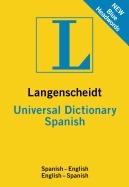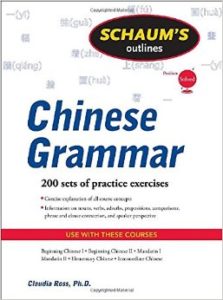This page is intended to be a useful source of information for anyone considering going on, about to go on, or currently on, exchange. I will keep updating it with relevant, useful links and resources as I become aware of them.
If you come across something exchange-related that you think will help others, please let me know by sending an email to exchangestudenttips (at) outlook (dot) com.
Exchange student programs
Below, I’ve included links to the global websites of the major international exchange student programs. (Note that I don’t endorse any of these programs – see my article on how to choose an exchange program).
Host country travel information
You can get thoroughly researched, frequently updated, free information on travelling to and living in virtually every country on earth from the following websites:
- Australian Government Department of Foreign Affairs and Trade
- Canadian Government travel advice and advisories page
- New Zealand Government SafeTravel page
- United Kingdom Government foreign travel advice page
- United States Department of State
When is such information useful?
It’s useful when you’re thinking about going on exchange, and need country-specific information to learn about the pluses and minuses of possible host countries.
It’s also useful when you’ve decided to go on exchange and are preparing to depart, so that you know what to prepare for and the various risks and challenges you might be exposed to whilst living overseas.
When you’re on exchange, such information can help you keep abreast of developing situations (for example, natural disasters) and let you know of any risks or issues of concern in areas you are planning to travel to.
Language resources
Dictionaries
If you’re heading to a country where you’ll be learning a new language, one of the few books you need to take or purchase is a dictionary. Although there are plenty of online language resources nowadays, nothing quite substitutes for a hard copy dictionary when you are reading a newspaper, sitting a test at school, or trying to find a word’s gender, plural or correct spelling.
 In my experience, German company Langenscheidt makes the best foreign language dictionaries. My main German-language dictionary has always been a Langenscheidt and I have always bought Langenscheidt dictionaries when dabbling in other foreign languages. I like Langenscheidt’s layout and comprehensive definitions. I also like its practice of including extra features like plurals and word stems even in relatively compact versions of its dictionaries. Also, the price is usually right. Follow this link to browse Langenscheidt dictionaries on Amazon.com, by language.
In my experience, German company Langenscheidt makes the best foreign language dictionaries. My main German-language dictionary has always been a Langenscheidt and I have always bought Langenscheidt dictionaries when dabbling in other foreign languages. I like Langenscheidt’s layout and comprehensive definitions. I also like its practice of including extra features like plurals and word stems even in relatively compact versions of its dictionaries. Also, the price is usually right. Follow this link to browse Langenscheidt dictionaries on Amazon.com, by language.
Grammar books
I learned German right through high school, as an exchange student in Switzerland and Germany, and to honours level at university. I subsequently taught German to adults at night school for seven years. Throughout that time, the single most helpful language learning resource I encountered was a slim volume called Schaum’s Outline of German Grammar.
As an exchange student in a country where a foreign language is spoken, you’ll learn vocabulary and idioms by osmosis – that is, by being around people speaking that foreign language. What you don’t get via osmosis is grammar. Grammar is the glue that binds all of those words together. It is usually impossible to speak a foreign language well without having a good understanding of that language’s grammar and structure. You need a dedicated resource to help you understand and practice the grammar.
Schaum outline guides are the best such resource I’ve come across. They explain grammatical concepts clearly and give you plenty of practice examples and an answer key. Follow this link to view all language-related Schaum Outline books on Amazon.
General advice
A reader provided me with this link to this detailed article on travelling safely with a medical condition or a disability. (Note that this seems to be linked to an insurance company – which I have not investigated and hence cannot endorse)
